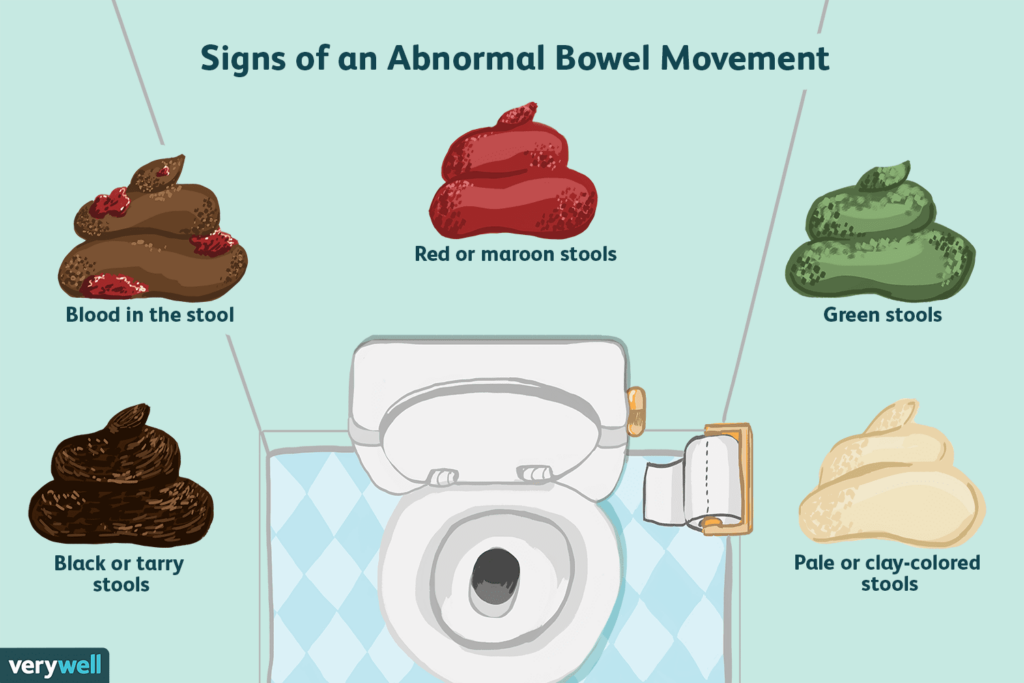Trendy Lifestyle Hacks
How Often Should You Poop & Is It Every Day? Here’s What Doctors Say
Understanding your bowel movements can offer crucial insights into your digestive health and overall well-being. While many people associate regularity with daily bowel movements, the reality is that “normal” can vary significantly from person to person. What’s considered healthy for one individual may not be the same for another.
So, how often should you be pooping, and is it essential to have a bowel movement every day? We’ve gathered expert opinions from doctors to clarify what constitutes a normal range for bowel movements, identify signs that might indicate digestive issues, and provide guidance on when it’s advisable to seek medical attention. By gaining a clearer picture of what’s typical and what might be a cause for concern, you can better monitor your digestive health and take proactive steps toward maintaining overall wellness.
What Does “Normal” Mean?
When it comes to bowel movements, “normal” can be quite subjective, varying significantly from one individual to another. Generally, normal bowel function involves a range of frequencies, and what’s typical for one person might not be for another. The key factors to consider are consistency, frequency, and ease of passing stools. Understanding what constitutes normal bowel patterns can help you identify deviations that might require attention.
Determining what is considered “normal” for bowel movements involves understanding a few key aspects:
Frequency
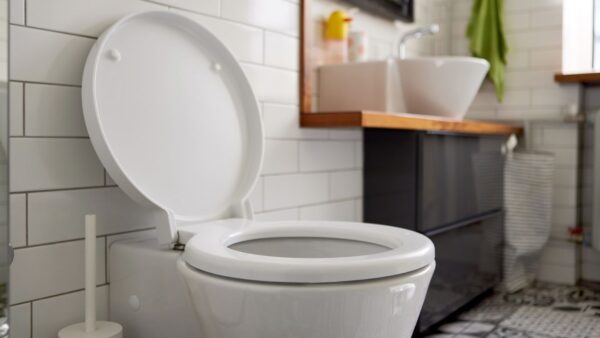
While many people might think that daily bowel movements are the standard, normal frequency can actually range from three times a week to three times a day. This wide range reflects the natural variation in digestive patterns. Factors such as diet, hydration, and physical activity can influence how often you have a bowel movement.
Consistency
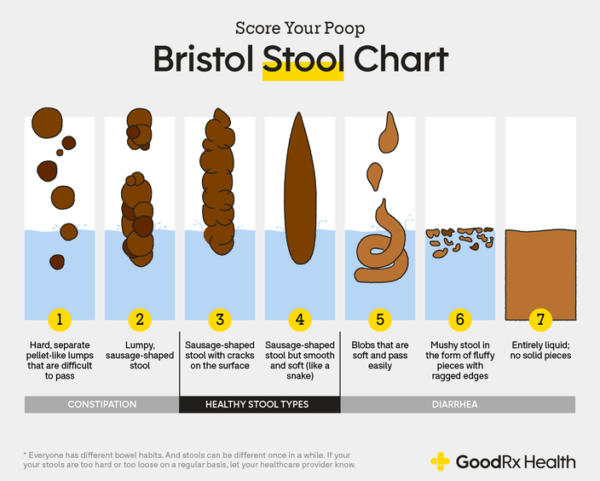
The consistency of your stools is another important aspect of normalcy. Ideally, stools should be soft and easy to pass, resembling the consistency of a banana. This can be assessed using the Bristol Stool Chart, which categorizes stool types from hard and lumpy (Type 1) to loose and watery (Type 7). Consistent stool type is generally an indicator of healthy digestion.
Ease of Passage
Bowel movements should ideally be comfortable and not require straining. Difficulty or discomfort during bowel movements may signal issues such as constipation or other digestive concerns.
Individual Variation
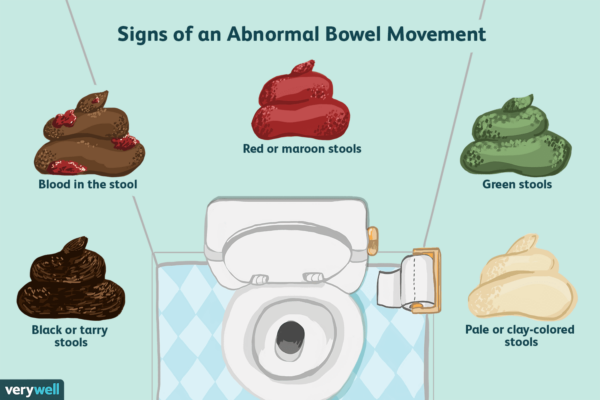
It’s crucial to recognize that individual variations in bowel habits are normal. Some people may naturally have more frequent bowel movements, while others may have fewer. The key is whether there is a change from your personal baseline or if you experience symptoms such as pain, blood in stools, or significant changes in frequency or consistency.
Overall Health
In addition to frequency and consistency, other factors such as diet, hydration, stress levels, and physical activity play a role in determining what is normal for you. A well-balanced diet rich in fiber, adequate fluid intake, and regular exercise typically supports healthy bowel function.
Factors Influencing Your Bowel Movement Frequency
Your bowel movement frequency is unique to you and can vary from person to person due to several factors, including:
Your Genetic Makeup

Your genetic makeup plays a significant role in determining your bowel movement patterns. Genetic factors can influence the speed of digestion, the function of your gastrointestinal tract, and even the natural balance of gut bacteria. These inherited traits can affect how frequently you have bowel movements and the overall efficiency of your digestive system. While lifestyle and dietary choices are important, your genetics provide a foundational framework that can shape your bowel habits and digestive health.
Your Microbiome
Your gut microbiome, which is the community of microorganisms living in your digestive tract, has a major impact on your bowel movement frequency. A diverse and balanced microbiome supports healthy digestion and regular bowel movements, while imbalances or disruptions can lead to issues such as constipation or diarrhea. The types and quantities of bacteria, yeast, and other microbes in your gut can affect how efficiently your digestive system processes food and eliminates waste. Maintaining a healthy microbiome through a balanced diet, probiotics, and prebiotics can help regulate your bowel habits and promote overall digestive health.
Your Age

Age can impact bowel movement frequency due to changes in digestive function, such as slower metabolism and reduced muscle tone in the intestines. Older adults may experience more frequent constipation, while younger individuals generally have more regular bowel movements. Maintaining a healthy diet, staying hydrated, and being active can help manage age-related changes.
Health Conditions
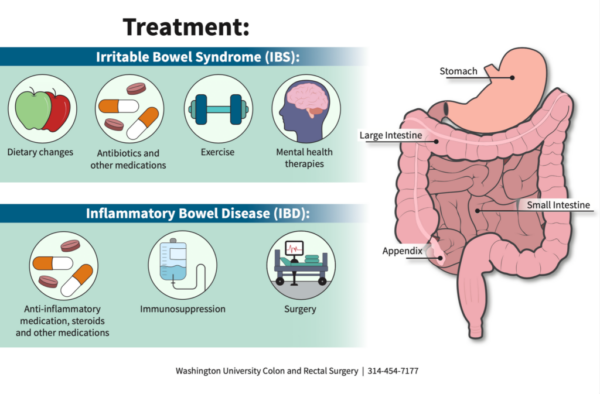
Various health conditions can affect how often you have bowel movements. Issues such as irritable bowel syndrome (IBS), inflammatory bowel disease (IBD), diabetes, and thyroid disorders can alter bowel habits. These conditions may cause symptoms like constipation, diarrhea, or irregular bowel movements. Managing underlying health conditions with proper medical care and treatment can help maintain more consistent and healthy bowel function.
Medications
Various medications can impact your bowel movements. For example, pain relievers like opioids often cause constipation, while certain antidepressants, blood pressure drugs, and antibiotics can lead to either constipation or diarrhea. It’s important to understand how your medications affect your digestive health.
3 Ways to Maintain Regular Bowel Movements
To keep your digestive system on track and ensure regular bowel movements, consider these three effective strategies: increasing your fiber intake, staying well-hydrated, and incorporating regular exercise into your routine.
Eat a Fiber-Rich Diet

Fiber acts like a “canoe” that helps move stool through your intestines. Incorporate fiber-rich foods like fruits, vegetables, whole grains, seeds, nuts, beans, and legumes to support regular bowel movements. Aim for 28-34 grams of fiber per day to prevent constipation and keep your digestive system on track.
Stay Hydrated

Water helps keep stool soft and easy to pass. Since stool is about 74% water, adequate hydration is crucial. If your urine is pale yellow, you’re hydrated; if it’s darker, drink more water.
Move Your Body
Regular exercise stimulates digestive muscles and promotes regular bowel movements. Aim for 150 minutes of moderate aerobic activity or 75 minutes of vigorous exercise per week, plus two resistance training sessions. Even walking can help keep things moving.
When to See a Health Care Provider
It’s important to consult a health care provider if you experience persistent changes in your bowel habits or any unusual symptoms. Seek medical advice if you notice:
Prolonged Constipation or Diarrhea: If you have ongoing issues with constipation or diarrhea that don’t improve with lifestyle changes, a provider can help identify underlying causes and recommend treatments.
Blood in Stool: The presence of blood or black, tarry stools can indicate serious conditions such as gastrointestinal bleeding, which requires immediate medical attention.
Severe Abdominal Pain: Persistent or severe abdominal pain associated with bowel movements may signal digestive disorders that need professional evaluation.
Unexplained Weight Loss: Significant weight loss without a clear reason can be a sign of an underlying health issue that should be investigated.
Change in Stool Consistency: A sudden or drastic change in stool consistency or frequency, especially if accompanied by other symptoms, might warrant a medical check-up.
Addressing these symptoms with a health care provider can help diagnose potential conditions early and ensure appropriate treatment.
The Takeaway
If you experience persistent changes in bowel habits, severe abdominal pain, blood in your stool, unexplained weight loss, or significant shifts in stool consistency, it’s important to seek advice from a health care provider. Addressing these symptoms early can help diagnose potential issues and ensure you receive the appropriate treatment.

